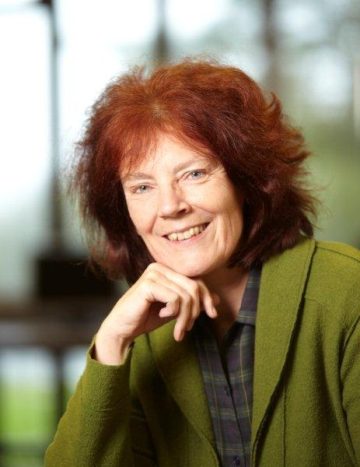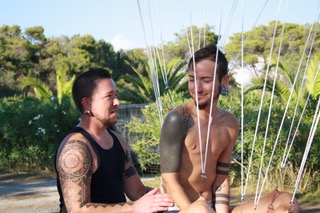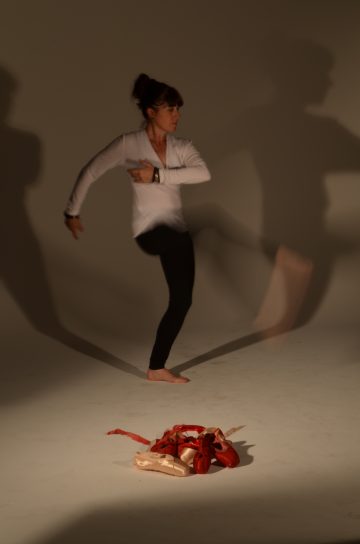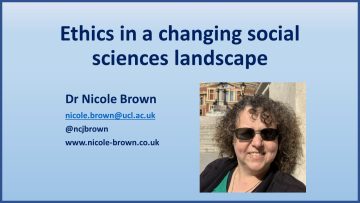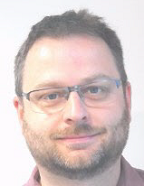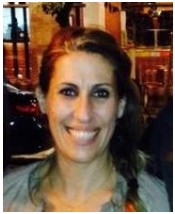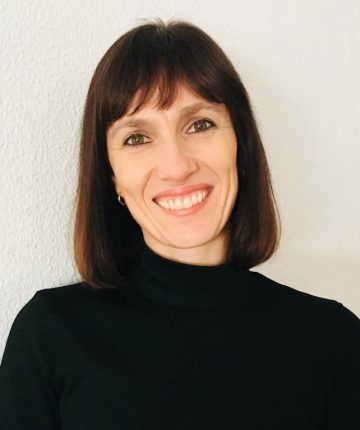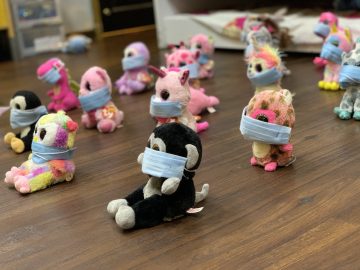
Source: ©Play Observatory PL65A-S007-p1
Seminar on the 17th May 2023
Ethical challenges in The Play Observatory project
In this seminar, John Potter and Michelle Cannon discuss how the complex and unprecedented ethical challenges associated with The Play Observatory project were negotiated.
In the middle of the pandemic, a project was conceived to collect and archive instances of children and young people’s play at that particular time of crisis. By means of a carefully designed online survey, members of the public contributed texts to a database by uploading personal photos, anecdotes, jokes, comments, film clips and drawings, and more. Even as experienced researchers in a variety of disciplines, we were faced with constant ethical dilemmas relating to: safe-guarding and privacy, copyright, contributors’ rights and ownership of the donated materials, and the subsequent archiving and dissemination of the data. With multiple research partners and stake holders involved, the moving parts were many and constant. John and Michelle will present some of the ways in which ethical procedures were meticulously problematised and in most cases, resolved.
Download the presentation slides.
John Potter is Professor of Media in Education at University College London Institute of Education. His research, teaching and publications are in the field of: new literacies, media education, play on and offscreen, curation and agency in social media, and the changing nature of teaching and learning in the context of digital media. He is co-editor of the journal ‘Learning, Media and Technology’. He is a founder member and director of ReMAP (Researching Education, Media, Arts and Play) a research collaborative based at the UCL Knowledge Lab. He has recently directed the ESRC funded ‘National Observatory of Children’s Play Experiences during COVID-19’, a collaboration with colleagues in the School of Education at Sheffield University and the UCL Centre for Advanced Spatial Analysis.
Dr Michelle Cannon is Programme Leader of the MA in Digital Media: Education, at the UCL Institute in Education. Her research focusses on film, moving image and creative media production as they relate to new literacies and the media arts in primary and early secondary education. She has worked extensively with the British Film Institute on national and international projects and is interested in the creative and critical learning that occurs in the processes of digital making, through film production, editing and digital animation.
Subscribe to the recordings:
Video hosted on the PAR YouTube channel.
Audio hosted on the PAR Buzzsprout channel and can be listened to on Spotify, Apple podcasts or on other RSS podcast apps.
The Practice As Research network with its resources is free and always will be, but it does of course incur costs to run and to keep it running. If you use it and benefit, enjoy it and would like to keep it going, please, consider leaving something in the tip jar. Thank you!
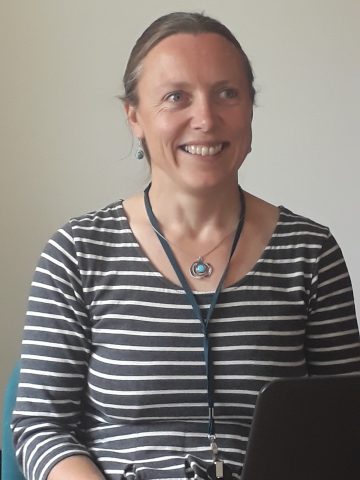
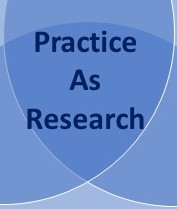 Seminar on the 26th April 2023
Seminar on the 26th April 2023